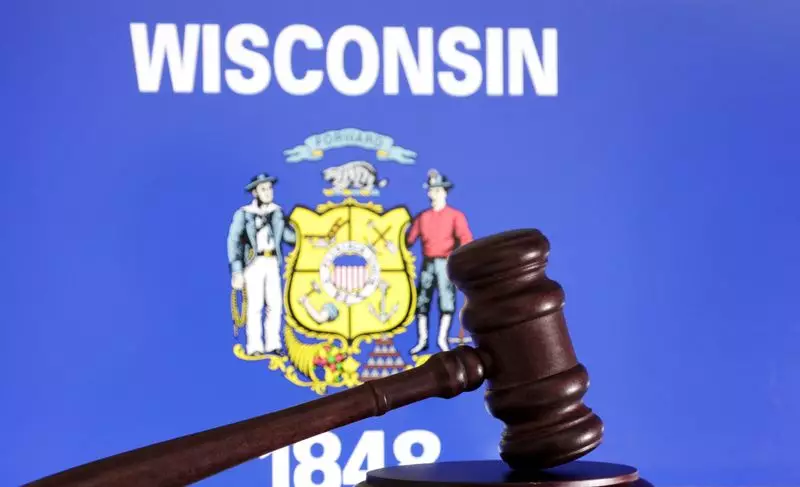The United States Supreme Court has agreed to hear a pivotal case involving the Catholic Charities Bureau of Superior, Wisconsin, as it seeks a religious exemption from the state’s unemployment insurance tax. This case is significant not only for the parties involved but also for broader implications it may have on constitutional protections of religious freedom. The decision may redefine the balance between taxation and the operational autonomy of religious organizations in a contemporary context.
Wisconsin’s unemployment insurance program has a storied history, being one of the first state-sanctioned efforts to provide temporary financial relief during times of economic distress, notably established during the Great Depression. As a result of its pioneering effort, Wisconsin’s framework has influenced the regulations adopted by other states. Current law exempts certain religious entities that are deemed to be operated primarily for religious purposes, a distinction that has come under scrutiny with the Catholic Charities Bureau’s appeal.
The Bureau, which has roots extending back to 1917, serves vulnerable populations such as the elderly, disabled individuals, and children with special needs. It claims to embody the social ministry of the Catholic Church, yet the Wisconsin Supreme Court found its operations to be quintessentially secular and charitable rather than religious. This classification raises vital questions about where the line is drawn between religious and secular objectives in nonprofit activities.
The crux of this case revolves around the interpretation of the First Amendment, which ensures the free exercise of religion. The Catholic Charities Bureau is challenging the Wisconsin Supreme Court ruling, which asserted that the Bureau’s activities do not primarily serve a religious purpose. They argue that by denying them the exemption, the state court has not only misapplied the law but has also created a precedent that could be seen as discriminating against religious organizations.
The Bureau claims the state’s decision imposes an unreasonable burden on their religious practices and autonomy, arguing it entangles the judicial system in matters of faith and, consequently, violates constitutional protections. The assertion by the Bureau highlights the complex dynamics between secular laws and religious freedoms, prompting discussions on how far state influence can extend into religious operations.
Meanwhile, a ruling by the Supreme Court in favor of the Catholic Charities Bureau could compel Wisconsin and potentially other states to reassess their approach to tax exemptions for religious organizations. Such an outcome could lead to an expanded understanding of First Amendment rights, implying that many religious entities might find similar grounds to request exemptions from various state regulations.
Implications for Religious Organizations and Beyond
The broader ramifications of this case extend beyond the immediate parties involved. A ruling in favor of the Catholic Charities Bureau can set a significant precedent that reshapes the legal landscape for religious charities across the United States. It raises the issue of whether operational charities can be considered as primarily religious entities, even when they serve a diverse population without an explicit religious agenda.
Conversely, if the Supreme Court upholds the Wisconsin Supreme Court’s ruling, it may reinforce the notion that entities providing predominantly secular services cannot claim religious exemptions. Such a decision could lead to a chilling effect for religious organizations that engage in social outreach efforts, as they may be hesitant to pursue secular social services for fear of losing their religious status and subsequent tax exemptions.
As the Supreme Court gears up to hear arguments in this critical case, the tension between religious freedoms and state regulations is more pronounced than ever. The most crucial aspect of this debate centers on defining the nature of ‘operated primarily for religious purposes’ within the scope of modern societal needs. The outcome of this case is anticipated to resonate for years to come, shaping the future of religious liberty and the tax obligations of faith-based organizations throughout the United States. The implications extend well beyond taxation; they raise fundamental questions about the role of religious organizations in public service and their entitlement to constitutional protections.

